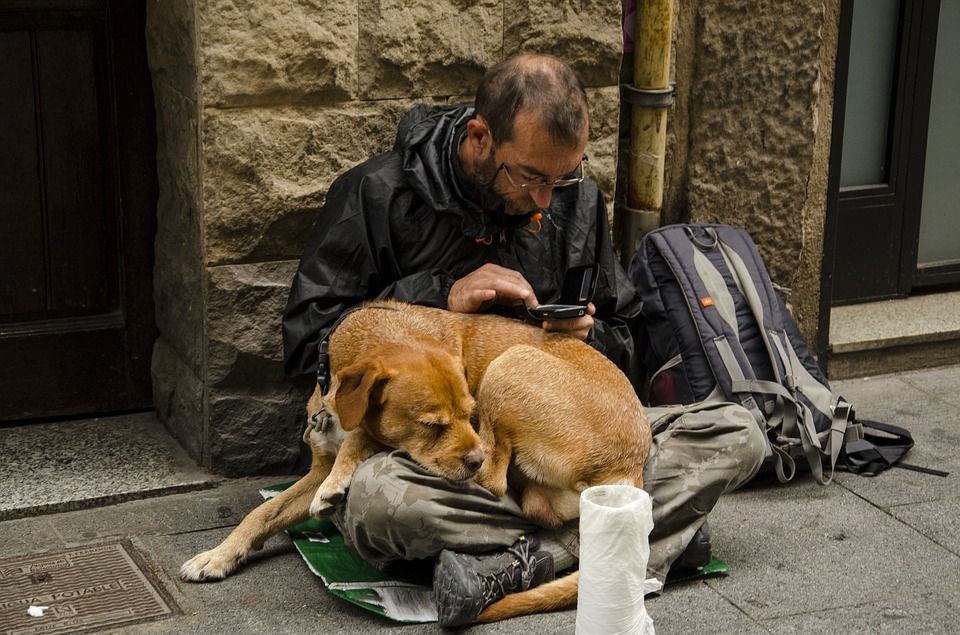The Danish artist Kristian von Hornsleth is certainly no stranger to controversy.
In 2015, the nightclub he co-owns, Hornsleth Bar, drew heavy fire for staging an ‘Ebola party’ at a time when the deadly illness was running rampant in west Africa, and last year the same nightclub was searching for an employee whose main responsibility was described as watching porn films.
Now, Von Hornsleth finds himself in trouble again for his forthcoming ‘art project’, which involves people being able to pay substantial sums of money to follow the movements of a homeless person fitted with a GPS over the course of a full year.
“Actually, I think that it’s pretty far out,” Gitte Frydensbjerg, the secretariat head of homeless advocacy organisation WeShelter, told Berlingske newspaper.
“We are talking about people here and not animals. If you sit and monitor people with GPS trackers, it’s pretty close to being like a zoo.”
READ MORE: The Danish nightclub that will pay you to watch porn
Better than Google
It will cost a patron about 100,000 kroner to follow the homeless person for a year, and the deal also includes a photo of the homeless person in question framed in goldplate.
Von Hornsleth argues the project is in the best interest of everyone involved as the homeless are paid for their services.
“The instruments I use are part of the work, and I try to reflect and interpret the reality we live in within a work of art,” Von Hornsleth told TV2 Lorry.
“We pay to be monitored by Google, while the homeless actually get paid for it, so who is the clever one here?”














